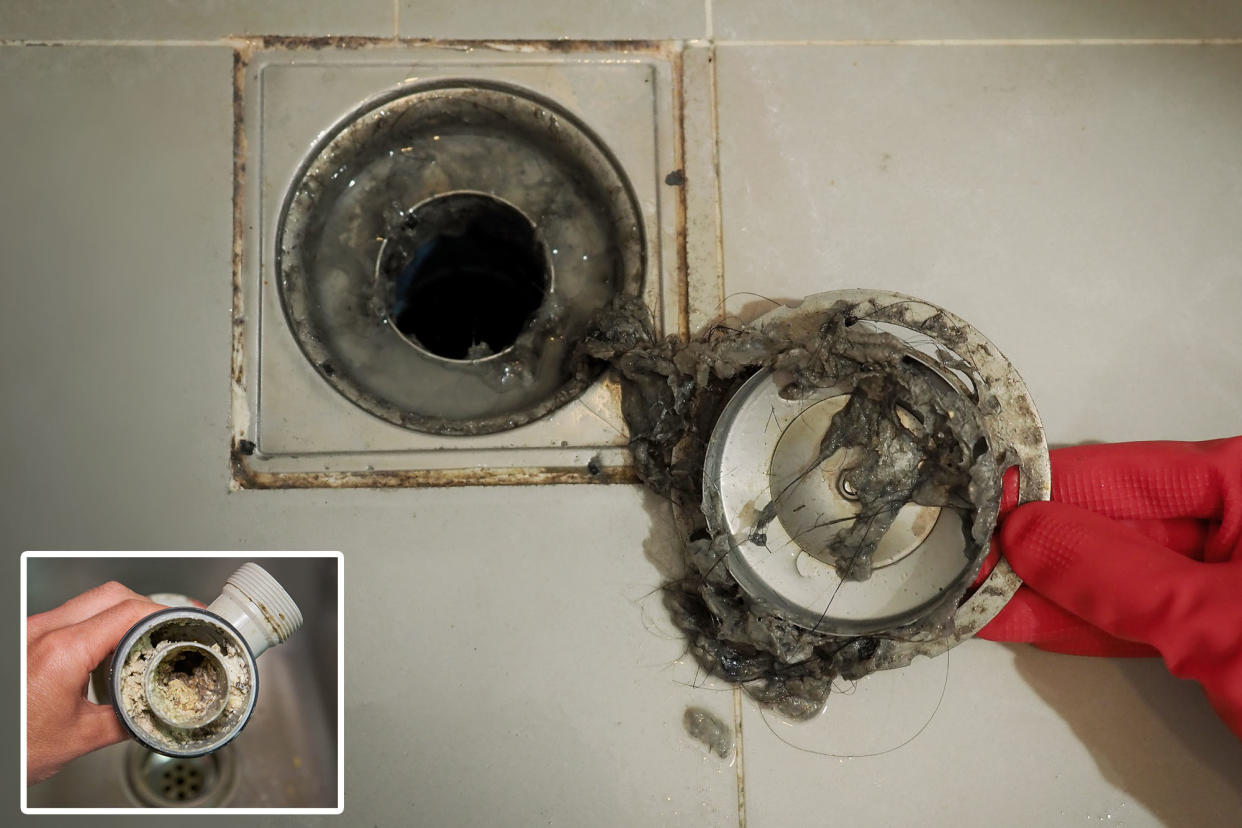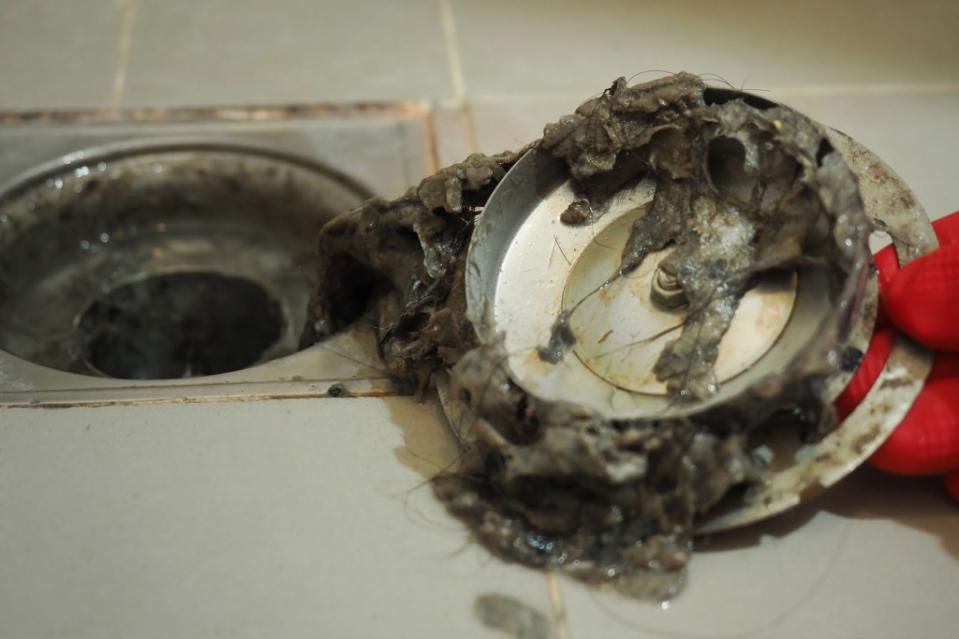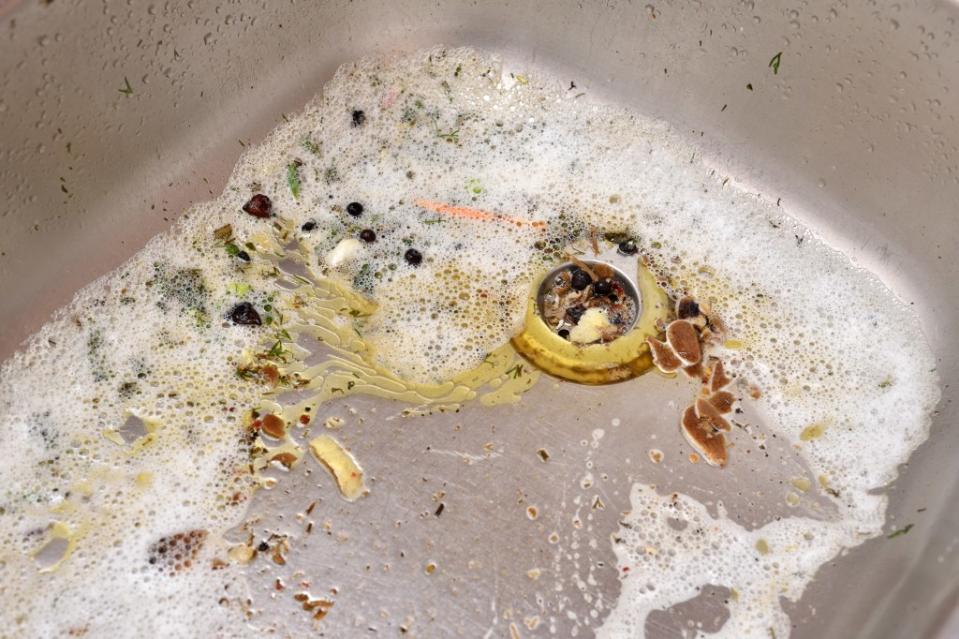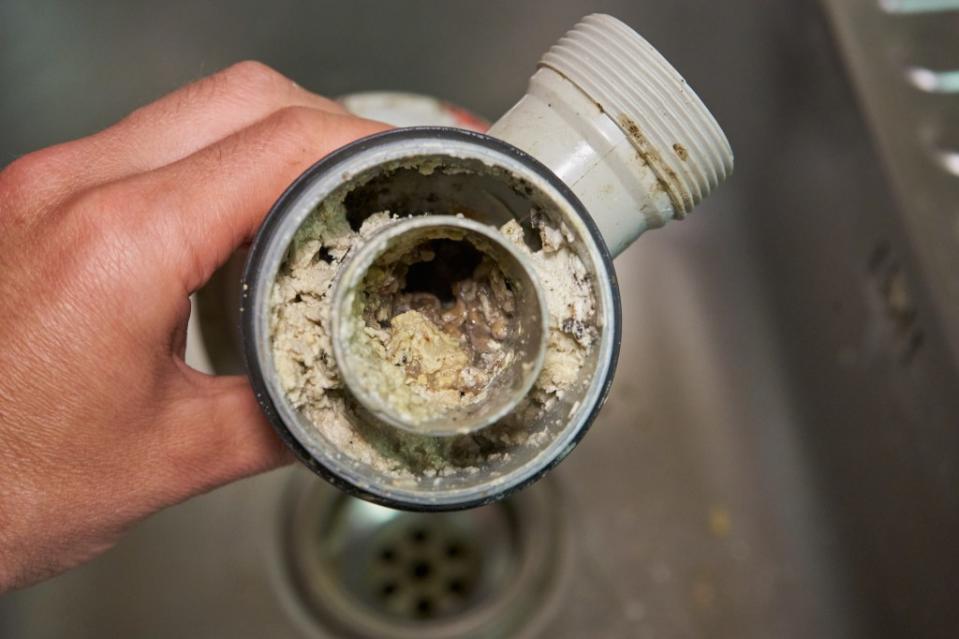Why your nasty kitchen sink is making you sick — and how to prevent it

If you’ve cleaned everything but the kitchen sink, your health may be at risk.
A buildup of gunk in your sinks could be the culprit behind your lingering cough, cold and even ear infection, according to experts.
“Plugholes [drains] can become full of nasties if you’re not looking after them. Not only can blockages harm your pipes they could be making your family unwell, too,” Eleanor Potter, the head of strategic sourcing at Plumbworld in the UK, told Bristol Live.


The accumulation of hair and dirt in your drain could cause a nasty biofilm riddled with bacteria to form.
“Biofilm is the sticky goo that turns up on your plumbing fixtures and other moist places in your home,” Benjamin Franklin Plumbing explains on its website.
“The slimy ring around the end of your faucet? Biofilm. The ooze that comes up when you clear a hairball from your shower drain? Biofilm,” the website continued.
Biofilm doesn’t only smell bad — it could be hazardous, leading to infections of listeria, salmonella, E. coli, MRSA and Legionnaires, per Plumbworld.
The kitchen sink’s reputation for being the riskiest area of the room is owed to its role as a catchall for both cooked and uncooked food scraps, particularly raw meat.

“Eventually, that biofilm may even be big enough to break off and get onto your food or dishes,” University of Arizona College of Public Health microbiologist Kelly Reynolds told Prevention.com.
The bathroom sink and shower are also ripe for biofilm formation.
Sulfates from shampoo, silicone in conditioner shower gel and other bath products can mix with dirt and toothpaste and create a blockage.
When the drains become clogged, water is pushed back out which can come into contact with your skin and your food.
Bristol Live cited a study by the University of East Anglia which called sinks “troubling reservoirs for microbes” that “pose potential health consequences and could promote the spread of diseases.”
The best way to avoid biofilms is to clean them manually.

Benjamin Franklin Plumbing shared the following biofilm prevention tips:
Use baking soda to scrub mineral deposits
Use dental floss to clean under faucet handles
Remove the sink aeration screen and soak it in black
Clean the kitchen after cooking with eggs or handling raw meat
Disinfect surfaces that come in contact with plumbing buildup

